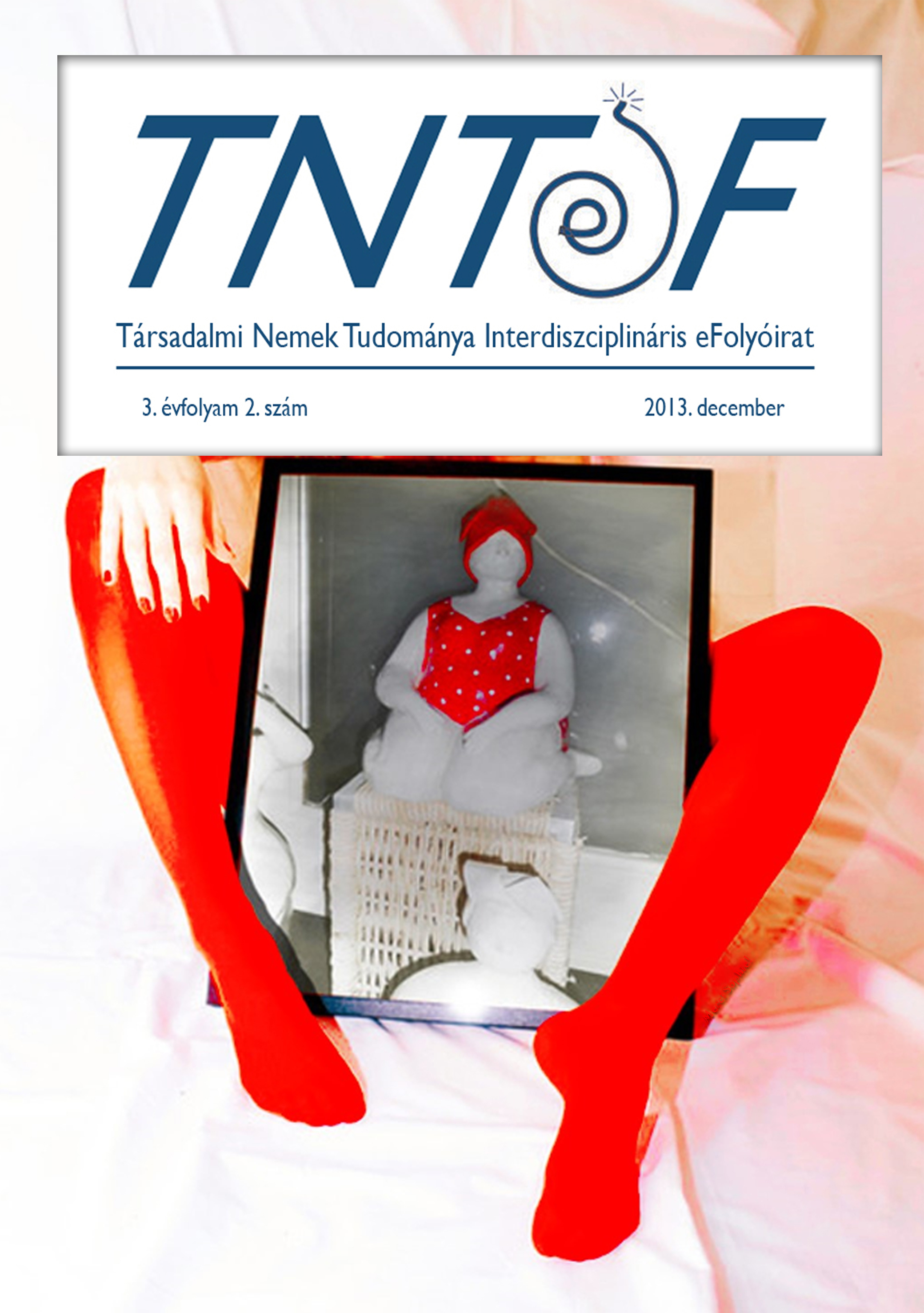Gender Regime and Gender Struggle in Hungarian State Socialism
Main Article Content
Abstract
This study argues that the changing relationship between paid work, unpaid work and paid care work and social services, and the struggle over this relationship and its implications, were key factors in shaping the ‘state socialist’ gender regime in Hungary from 1949 to the 1980s. The study is based on a wealth of recent scholarship, original sources and Hungarian research conducted during the state socialist period. It tries to give a balanced and inclusive analysis of key elements of women’s and gender history in the state socialist project of ‘catching-up development’ in a semi- peripheral patriarchal society, pointing to constraints, challenges and results of this project. Due to the complex interaction of a variety of actors and factors impacting on and shaping the state socialist gender regime not all women were affected in the same way by state socialist politics and gender struggles. Women’s status and opportunities, as well as gender relations, differed according to class, ethnicity and economic sector. As a rule, the gender struggle over state socialist family and gender arrangements in Hungary sought to reduce or temper tensions and conflicts by avoiding substantial or direct attack against the privileges of men both within the home and elsewhere.

